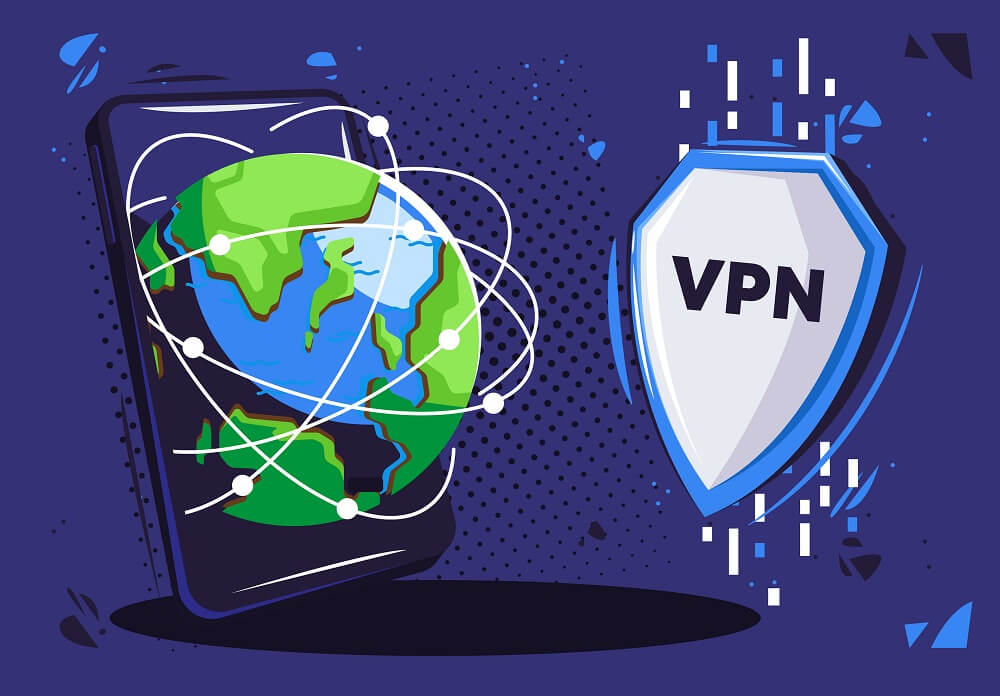Protecting your online privacy has become more critical than ever. While VPN services offer a robust solution for secure browsing and bypassing geo-restrictions, they're not completely foolproof. Governments, ISPs, and private companies are becoming adept at detecting VPN traffic, resulting in blocked or limited connectivity. That's where obfuscated servers come into play, serving as the latest weapon in the escalating battle for online freedom and privacy. In this blog post, we'll delve into what obfuscated servers are, their benefits, and how PrivateVPN's "Stealth Mode" makes the most of this technology.

An obfuscated server essentially disguises your VPN traffic to make it appear like standard HTTPS traffic. This process involves adding an additional layer of encryption and modifying data packets to make them unrecognizable as VPN traffic. By doing so, obfuscated servers manage to bypass VPN blocks and deep packet inspection (DPI) carried out by sophisticated firewalls and network monitors.
Obfuscated servers are especially useful in countries with strict internet censorship or where VPN usage is prohibited. They prevent ISPs, governments, and companies from detecting that you're using a VPN, thereby enhancing your online privacy.
For those who love streaming but are tired of geographical content limitations, obfuscated servers can be a game-changer. Streaming services like Netflix often block VPN users, but obfuscated servers allow you to access restricted content without detection.
You're less likely to suffer from throttled speeds or dropped connections when you're not easily identifiable as a VPN user. This makes your overall internet experience smoother and more reliable.
PrivateVPN has introduced a "Stealth Mode" feature that uses obfuscated servers to maximize your internet freedom and security. This feature is designed to provide an extra layer of camouflage for your internet traffic, making it nearly impossible for anyone to detect that you're using a VPN. The "Stealth Mode" is easy to enable within the PrivateVPN app and works seamlessly across various platforms, ensuring a secure and unrestricted browsing experience.
The constant tug-of-war between internet freedom and regulation has led to innovative solutions, and obfuscated servers are a shining example. When your regular VPN fails to pass muster, it's the obfuscated servers that come to your rescue. PrivateVPN's "Stealth Mode" capitalizes on this technology to offer an elevated level of privacy and freedom. Whether you're living in a country with stringent internet laws or just an ardent fan of streaming, PrivateVPN and its obfuscated servers provide a formidable solution for preserving your online anonymity and bypassing restrictions.
An obfuscated server is a special type of VPN server designed to disguise your VPN traffic as standard internet traffic. This makes it more challenging for ISPs, governments, or organizations to detect that you're using a VPN, thereby enabling you to bypass VPN restrictions and deep packet inspection.
PrivateVPN's "Stealth Mode" leverages obfuscated servers to camouflage your internet traffic. Once activated in the PrivateVPN app, the "Stealth Mode" routes your data through these servers, making it difficult for anyone to detect that you're using a VPN. This feature is available on multiple platforms and is easily activated within the app's interface.
Yes, obfuscated servers are excellent for bypassing geo-restrictions imposed by streaming services like Netflix. Since these servers make it hard for these services to identify you as a VPN user, you can watch your favorite shows and movies without worrying about being blocked.
The legality of using a VPN or obfuscated server varies by country. In most Western countries, using a VPN and its various features is completely legal. However, some countries with stringent internet censorship laws may have legal ramifications for using VPNs or obfuscated servers. Always check the local laws and regulations before using these services.
No, PrivateVPN adheres to a strict no-log policy, which means that it doesn't keep any records of your online activities. This is an added layer of security and privacy, ensuring that even if a third party requests information, there is nothing to hand over.